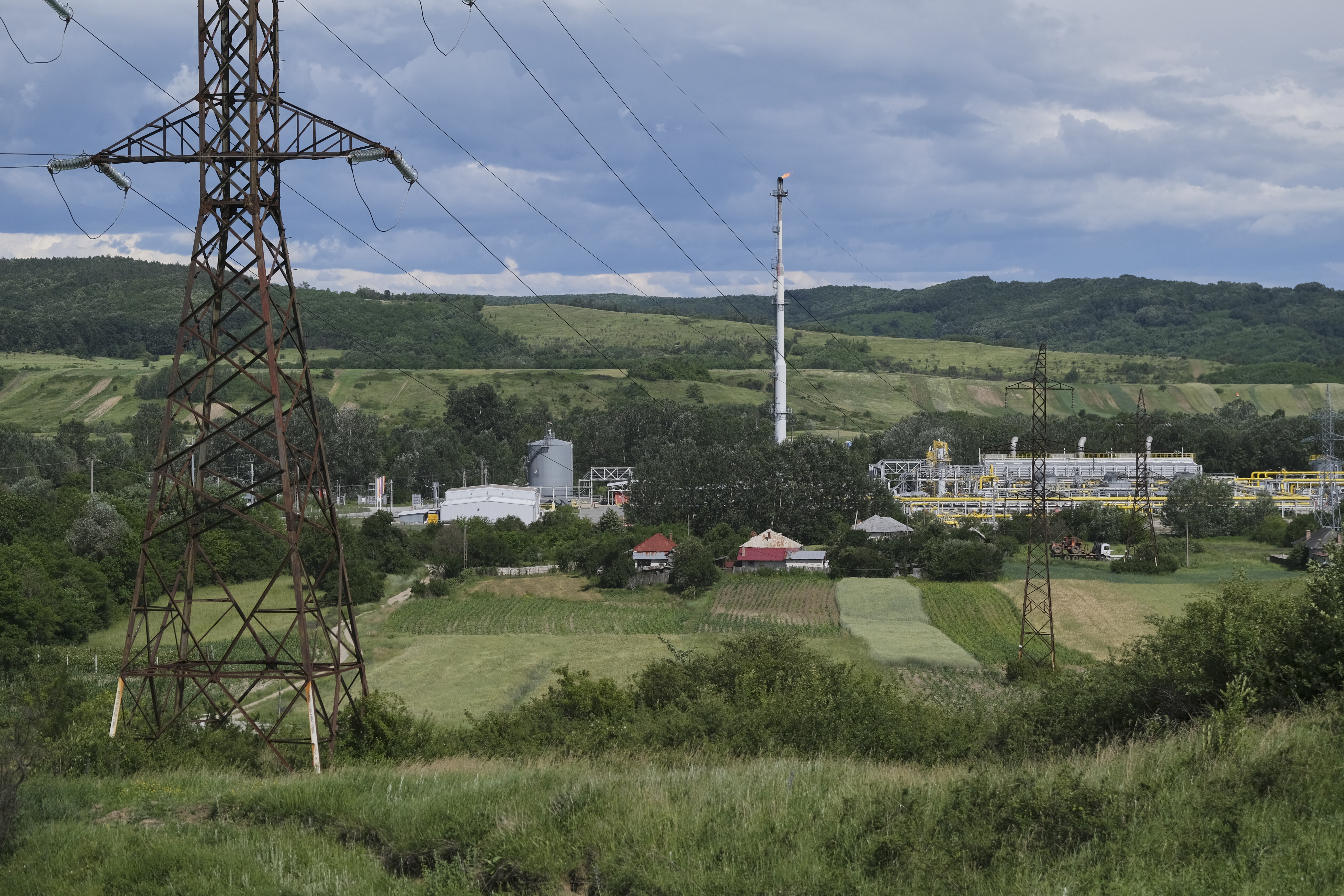Integrated Approach to Methane Emissions Abatement
Facilitating the development of integrated methane mitigation plans by providing representatives from government, industry, civil society and research in Lithuania, Poland and Romania with knowledge, tools, guidelines and tailor-made policy options.
Agriculture Energy Transition and Climate-Neutral Buildings Waste

Project info
Lithuania, Poland, Romania
11/23 - 10/25
National governments, Private sector, Civil society
284,997.50 €
Contact info
Raul Cazan
- Centre for Sustainable Development
- WiseEuropa - Foundation Warsaw Institute for Economic and European Studies
Background
Methane emissions account for around 12.5 per cent of greenhouse gas emissions in EU Member States. According to the EU Methane Action Plan, around 54 per cent of these emissions come from agriculture, 27 per cent from waste, and 17 per cent from fossil fuels. The potential to reduce methane emissions is high and Member States must make great efforts to implement the EU’s Methane Strategy of 2020 as a commitment to a strong and coherent climate policy framework. Current EU policies on non-CO2 emissions are projected to reduce methane emissions in the EU by 29 per cent by 2030 compared to 2005 levels.
Project
The project partners conduct a baseline study for Lithuania, Poland and Romania, including interviews with industry representatives, satellite data observations, policy reviews and secondary literature research. They identify the largest anthropogenic sources of methane emissions across sectors and assess policies, sectoral practices and barriers to methane emissions mitigation.
In sector-specific workshops, representatives from government, industry, civil society and research identify the most suitable methane mitigation measures and build consensus on the way forward. In parallel, government officials are empowered to develop better emissions inventories. International experts provide information about the latest research on reducing methane emissions. Finally, the project partners provide the three countries with sectoral policy recommendations and guidelines for designing integrated methane emissions mitigation plans.
Last update: July 2024
